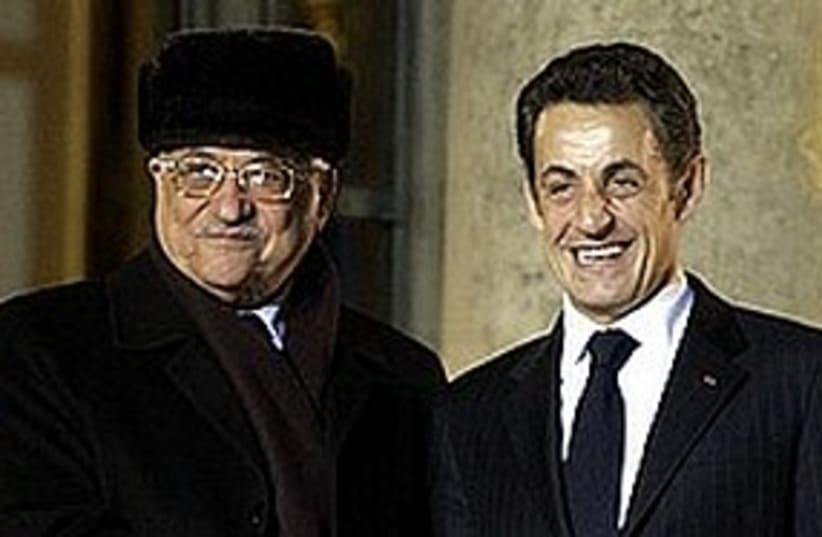Jordana Horn in New York and AP contributed to this report.
Sha'ath: Netanyahu can save talks by extending freeze
Abbas in Paris as moratorium deadline approaches; will meet French Jewish leaders, Sarkozy.

Jordana Horn in New York and AP contributed to this report.